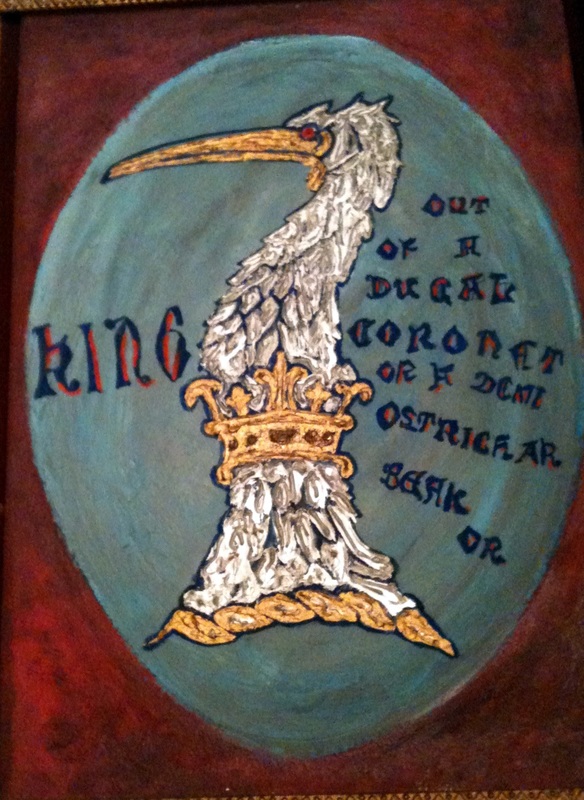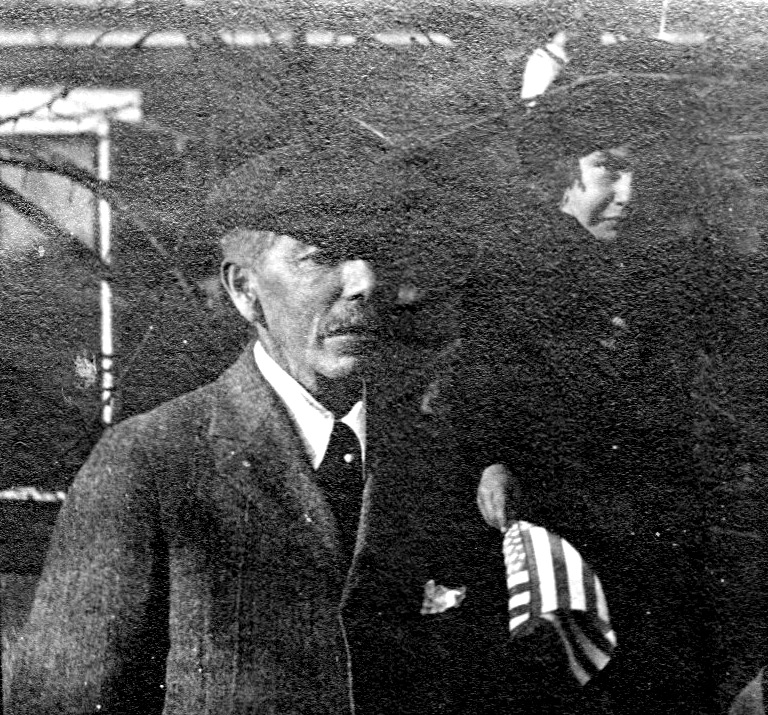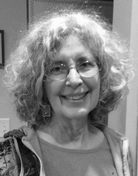No, the strictly tangential link between Prince and my Dad is that both had unusual given names, names that implied a royal connection that each in his own way ended up earning.
In my father’s case, King was not his first name - that was “Edwin,” after his father; but King was his mother’s birth name and no one ever called him anything but "King" - nor did my father ever seem the least bit abashed by it. Consequently it never struck me as being at all out of the ordinary, though some of my friends later told me how odd it seemed to hear a man addressed as "King" as casually as their own fathers were called "Jim" or "Bill" or "Ken."
Luckily for my grandparents and for Prince's parents, the US is quite tolerant of obscure or unusual name choices. Had they been born elsewhere, these names might have been rejected out of hand. “Prince” and “King,” for example, are both near the top of a no-list maintained by the New Zealand government for violating the rule that “acceptable names...should not resemble an official title and rank.” (Ironically, the name King does not necessarily imply descent from royalty but rather refers to a man with a kingly bearing, or to someone who played the part in a pageant or earned the title in a tournament.)
Since my father, no one else in the family has ever been known as "King." The tradition of using King as a middle name is now in its fourth generation, however, so I guess the Kings will continue to be with us for quite awhile!



 RSS Feed
RSS Feed